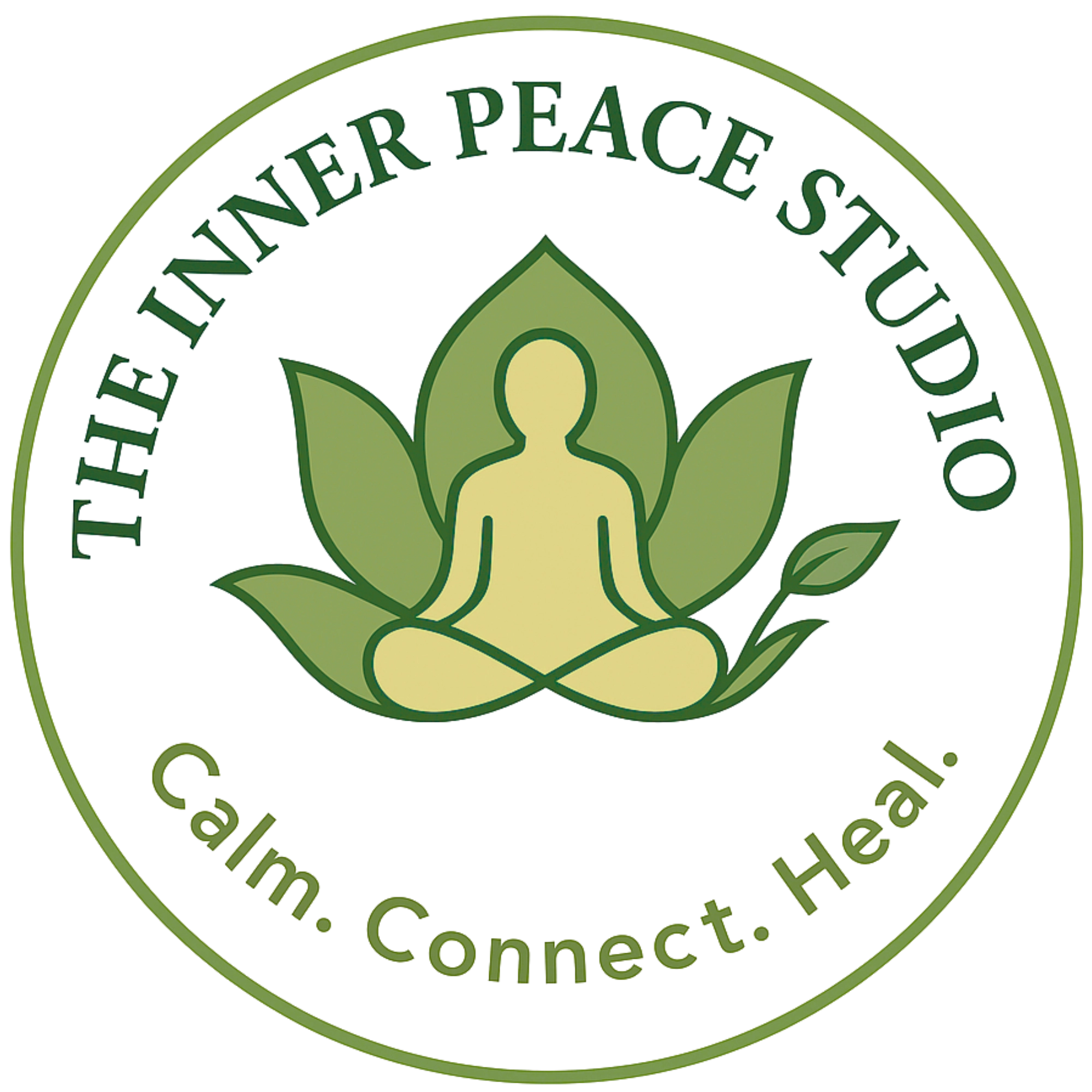
The Power of Journaling for Mental Clarity and Wellbeing
Published: by The Inner Peace Studio Team
In a world brimming with noise and distractions, finding a quiet space for self-reflection can be revolutionary. Journaling offers a powerful yet simple path to mental clarity, emotional processing, and a deeper understanding of yourself. It's more than just writing; it's a conversation with your inner world, a tool for releasing stress and cultivating a mindful life.
Why Journaling is a Game-Changer for Your Mind
The act of putting thoughts onto paper can transform chaotic mental chatter into organized insights. Here are some profound benefits:
- Reduces Stress & Anxiety: Helps externalize worries, making them feel less overwhelming.
- Enhances Self-Awareness: Uncovers patterns, triggers, and hidden emotions.
- Boosts Problem-Solving: Provides a new perspective on challenges.
- Improves Emotional Regulation: Allows you to process feelings constructively.
- Cultivates Gratitude: A dedicated space to acknowledge positives, big and small.
- Tracks Progress: A record of your growth and healing journey.
How to Start Your Journaling Journey
Don't overthink it! The beauty of journaling is that there's no right or wrong way. Grab a notebook and a pen (or open a digital document) and just begin. Consistency is more important than perfection.
1. Find Your Sacred Space & Time
Dedicate a quiet time and place free from distractions. Mornings can be great for setting intentions, evenings for reflection, or whenever you feel the need to process.
2. Choose Your Style
There are many ways to journal. Experiment to find what resonates with you:
- Freeform / Stream of Consciousness: Write whatever comes to mind without editing.
- Prompt-Based: Use prompts to guide your writing (e.g., "What am I grateful for today?", "What is causing me stress?").
- Gratitude Journal: Focus solely on things you appreciate.
- Bullet Journaling: Use symbols and short notes for tasks, habits, and reflections.
- Dream Journal: Record dreams to explore your subconscious.
3. Don't Censor Yourself
Your journal is a safe space. Write honestly, without fear of judgment. This is for your eyes only.
4. Keep It Simple
Even 5-10 minutes a day can be impactful. Don't feel pressured to write pages and pages. A few sentences are better than nothing.
5. Review Periodically (Optional)
Looking back at past entries can reveal patterns, growth, and how far you've come. It can be incredibly validating.
Journaling is a versatile tool that adapts to your needs. It’s an act of self-love, providing an anchor in an often-turbulent world. By committing to this simple practice, you give yourself the gift of clarity, emotional release, and a deeper connection to your authentic self.
Ready to Cultivate More Peace?
Explore our other resources on mindfulness and digital wellness to further enhance your well-being. Small steps lead to significant shifts!
